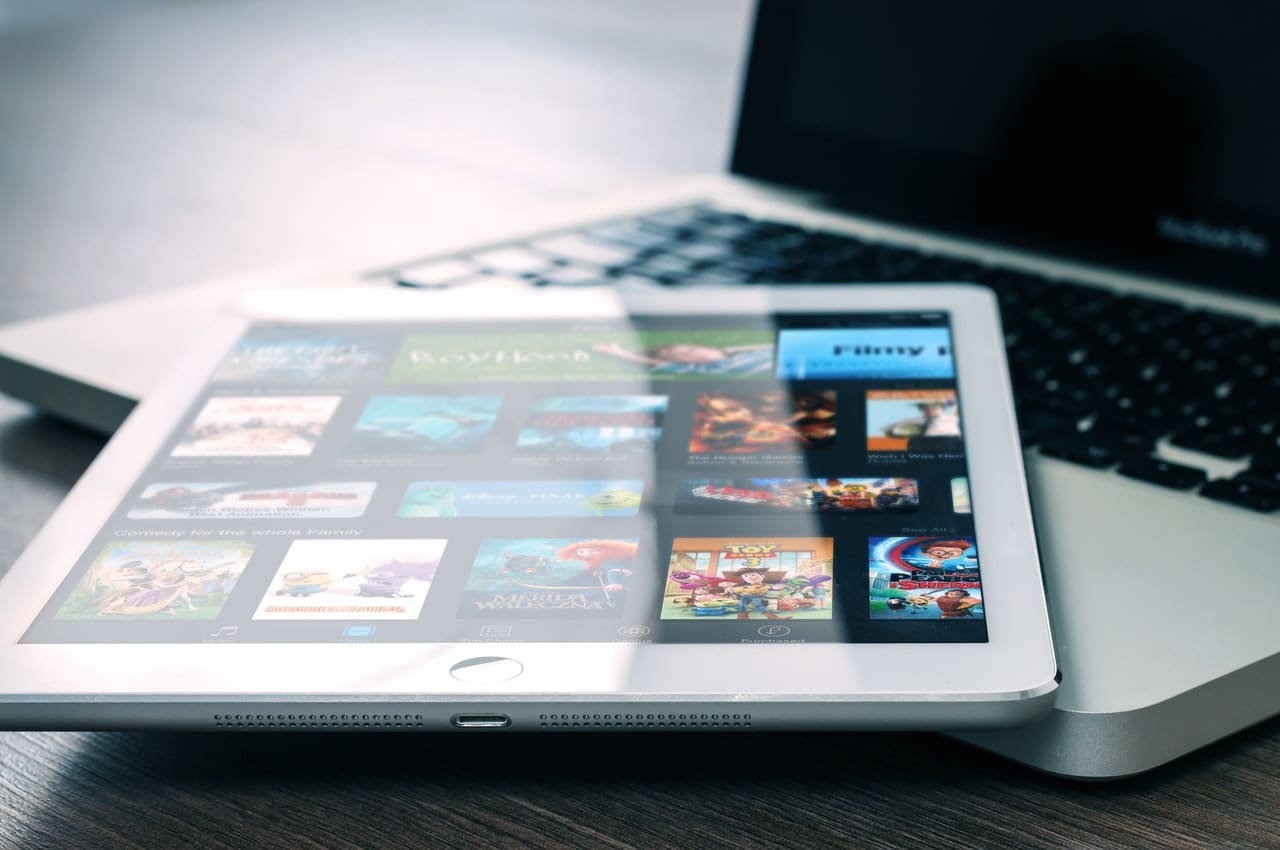VPNs are no doubt slow. They take out a noticeable chunk of our bandwidths. Yet despite this, they are widely used nowadays. From unblocking geo-restricted sites to anonymizing your online presence, VPNs have changed the way we interact online.
Although we can get past the annoyance of online censorship, we then find ourselves dealing with the dilemma of sluggish internet. After all, 30% to 50% drop in your internet connection is quite noticeable.
Counterintuitively, the tradeoff of speed doesn’t sound all that bad when you factor in features like:
- IP and location spoofing
- Unrestricted streaming content
- Complete and utter online anonymity
No matter what you’re into, Netflix, Hulu or Kodi, you can get unhindered access to them all. How…?
That’s exactly what we’re going to discuss today. In this blog, I’m going to talk about the major role of VPNs towards media streaming.
IMAGE: PEXELS
Vpn & How It Can Aid Content Streaming
VPNs are cunning tools designed to bypass geo restrictions. The moment you launch the VPN application, all of your network traffic gets rerouted from the VPN provider’s servers. These servers have different IP addresses then your default one, meaning no one actually trace your traffic back to you.
In addition to that, VPN servers are scattered all across the globe. One might be in China while the other might be all in Australia. This is great since you can use this feature to spoof your original geographic location. Even though you might be in China, you can switch your IP to appear in the US.
IP and location spoofing obviously has its perks. Since streaming services like Hulu and Netflix have to deal with copyrights and licensing issues, they don’t offer content outside certain regions. That said, masking your IP with a VPN can easily grant you unprecedented access to such streaming sites.
However, there is a slight hiccup. You see… not all VPNs are capable of unblocking streaming giants like Netflix or Hulu. Only selective VPNs are capable of doing so. If you’re not sure which VPN to use, checkout NordVPN review here. Perhaps you might like it.
Stream Content Privately
Let’s face it, not everyone is into premiums streaming services. A lot of people use the power of P2P to stream all sorts of popular content. Although not legal in any way, you won’t believe how many people actually do this.
Kodi is one such popular service that uses torrents to siphon pirated content. It relies on repositories to curate content to your liking. It works similar to Netflix, however, it is totally free. That is if you use a VPN for Kodi.
Although it’s morally wrong to infringe copyright content, it’s hard to pass by. If you personally choose to view copyrighted content without consent, you can get into legal trouble. Government agencies and ISPs constantly monitor internet traffic. Therefore, it’s much better to encrypt your network activity with a VPN than to risk facing lawsuits or hefty fines.
Bypass Censorships & Access Other Regional Contents
In addition to unblocking flagship media streaming services like Netflix or Hulu. A VPN can also help you access and stream other regional content. For instance, countries like the U.S don’t impose regulations on globally trending shows. Whereas conservative countries like Iran or Saudi Arabia might censor or ban culturally inappropriate content.
However, with the help of location spoofing, you can pretty much watch any regional content imaginable. A VPN can also be a lifesaver if you’re a frequent traveler or an expat living abroad. Just fire up your VPN, switch your IP to your home country and enjoy local TV shows, news, movies and even sports.
Boost Your Streaming Speeds With A VPN
Although VPNs are known to mess with internet speeds, they can sometimes prove handy. If you download torrents a lot or stream content regularly, your ISP will throttle your bandwidth. Internet service providers do this to distribute bandwidth equally. That said, with the help of a VPN, you can become virtually invisible on the web.
Since you’ll be off the grid, ISPs would be able to trace your network activities back to you. Long story short, even your local ISP won’t be able to throttle your bandwidth. The result:
You’ll potentially get better streaming speeds with a VPN.
Wrapping Up
Although it might sound obvious, I can’t think of a situation where I might not use a VPN. Whether you’re concerned about your privacy or perhaps want access to other regional content, a VPN can prove beneficial.
Aside from that, in some cases, a VPN can also help boost your network speeds. Now don’t get me wrong, your internet speeds are going to suffer a bit, however, the pros of using a VPN easily outweigh the cons.
I hope you found this blog informative. Do let me know what you guys think about VPNs. Do you think they’re good for streaming?
If you are interested in even more technology-related articles and information from us here at Bit Rebels then we have a lot to choose from.


COMMENTS